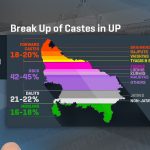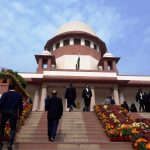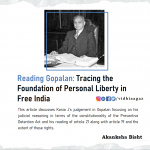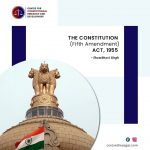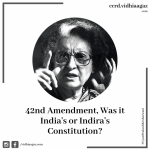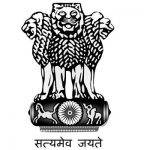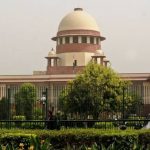Caste Politics in Contemporary Uttar Pradesh
Will the backward castes always be a tool in the hands of figures of authority to create a new future for themselves?
Why is the abrogation of Article 370 unconstitutional?
A reasonable analysis based on primary legal principles, on the Constitution’s language and on the Court’s own past decisions, will show us that the CAA infracts fundamental rights, in particular the guarantee of equal treatment contained in Article 14.
The Transgender Persons (Protection of Rights) Bill, 2019: A Toothless Tiger?
Transgender people incorporate Hijras, Eunuchs, Kothis, Aravanis, and others, who have been a part of Indian culture for a considerable length of time. They...
Reading Gopalan: Tracing the Foundation of Personal Liberty in Free India
This essay discusses Kania J’s judgement in Gopalan focusing on his judicial reasoning in terms of the constitutionality of the Preventive Detention Act and his reading of article 21 along with article 19 and the extent of these rights.
All you need to know about The Constitution (Fifth Amendment) Act, 1955
Read everything about the Constitution (Fifth Amendment) Act 1955. The need, purpose, terms and the issues dealt by the Constitution is all here.
42nd Amendment, Was it India’s or Indira’s Constitution?
42nd Amendment "is responsive to the aspirations of the people, and reflects the realities of the present time and the future." With these words...
Flattening the Curve at the Expense of One’s Constitutional Rights?
INTRODUCTION
When the lockdown was imposed by the government, it aimed to reduce the threatens exposed to life however, the poor migrant workers who had...
Right to Access Internet Services: The Present Scenario
As the right to access internet is considered by a competent court to be a fundamental right under Article 21, internet services should not be banned unless there exists a genuine threat to security at the gravest degree, such as a war or a cause for a national emergency.
The Special Protection Group Act
THE GAZETTE OF INDIA
THE SPECIAL PROTECTION GROUP ACT, 1988
ACT NO. 34 OF 1988
An Act to provide for the constitution and regulation of an armed...
Who will Judge the Judges?
The judges are the ombudsman of the people, there should be a check on their powers to make sure that they don’t enjoy Carte Blanche's powers.

